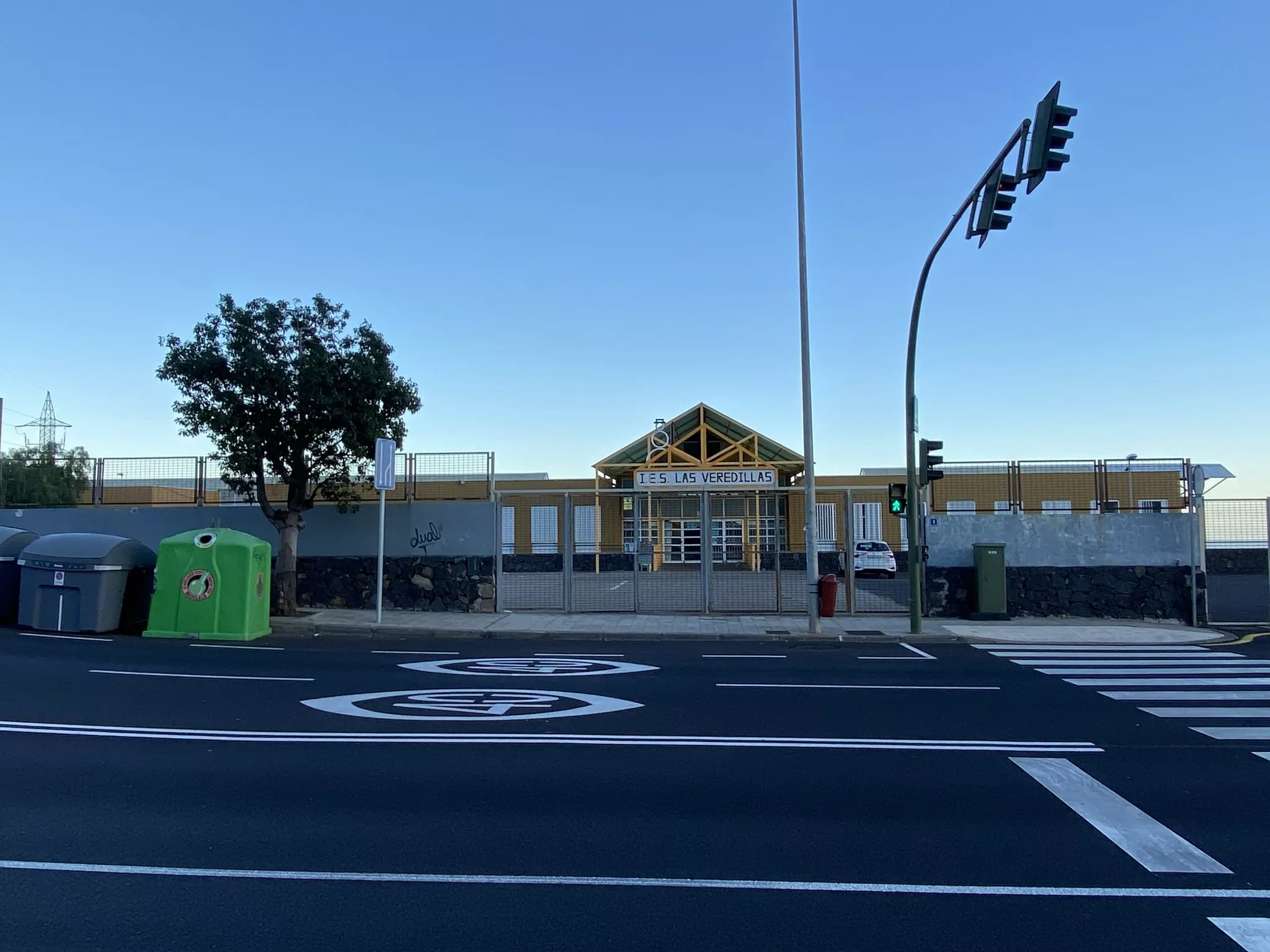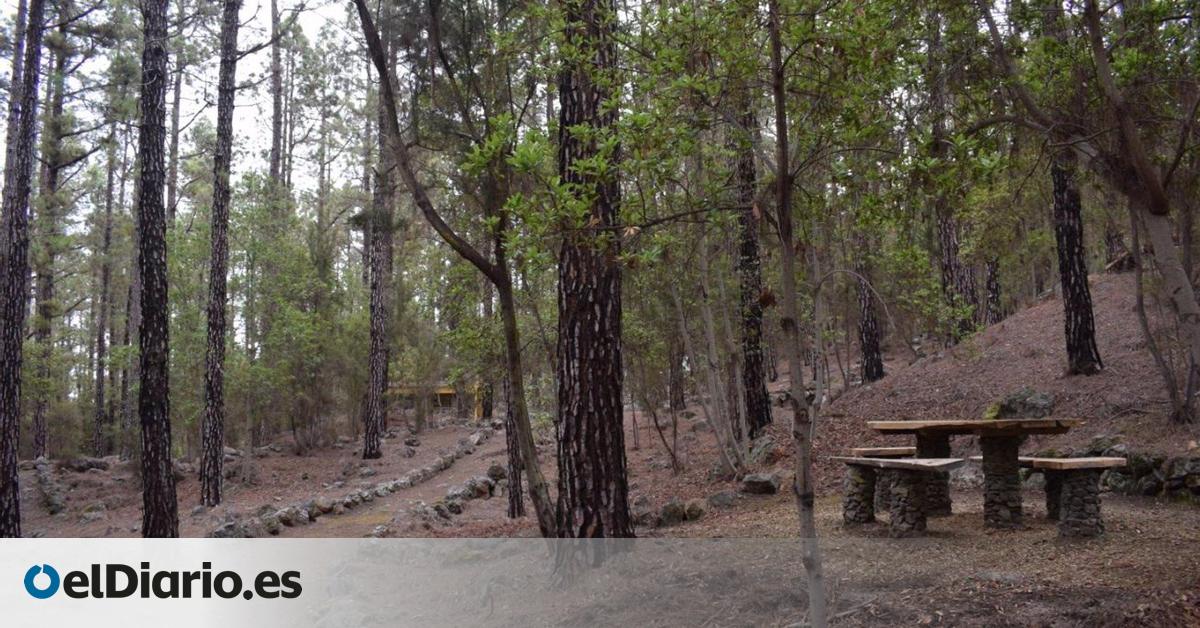Delay in Launch of Key Wastewater Treatment Plant in Tenerife
The Los Letrados Wastewater Treatment Plant (Edar) in Granadilla de Abona, a crucial facility for the southern Tenerife sanitation system, will not commence operations until November. This is despite the Tenerife Cabildo initially informing this newspaper that it would be operational by July.
The plant has been technically completed since December 2023, as confirmed by the state-owned company Acuaes.
Pending Authorisations and Final Works
However, its launch has been delayed due to two factors: the pending marine discharge authorisation from the Department of Ecological Transition of the Government of the Canary Islands, and the completion of a project for the distribution of treated water, as stated by the regional department itself.
The department assures that the project remains within official timelines, with the anticipated launch date always set for November, even though the Cabildo had indicated that the plant would become operational that same month in July.
Facility Specifications
The Los Letrados Edar is a central component of the regional sewage system for the southern part of the island. It is designed to treat up to 10,000 cubic metres per day of wastewater from areas such as El Médano, La Tejita, and San Isidro. The treated water will be repurposed for agricultural irrigation and green spaces.
Its connection to the Santa Cruz-Valle San Lorenzo pipeline will also facilitate the distribution of treated water to the San Isidro reservoir.
This infrastructure was awarded in 2021 with a budget of €31 million and includes a 10-kilometre collector network along with an 8.5-kilometre pump line from the coast to the station. In June, ultrafiltration membranes were installed, a phase that can only be executed in the final stages due to its technical complexity.
Environmental Impact
The island’s Counsellor for Natural Environment and Security, Blanca Pérez, highlighted in June that the commencement of this station would lead to a significant reduction in marine discharges, especially along the Granadilla coast, which has historically suffered from inadequate infrastructure. “It will allow us to progress towards zero discharge,” she stated.














